France’s National Front is synonymous with the Le Pen family. Jean-Marie founded the right-wing party in 1972 and his daughter Marine replaced him as its leader in 2011. In France, however, the National Rally — as it was rebranded in 2018 — is increasingly the party of Jordan Bardella. The twenty-eight-year-old was elected its president in November 2022. The party members had a straight choice: Bardella, a working-class youngster from northern Paris, or the veteran Louis Aliot, the fifty-three-year-old mayor of Perpignan who had joined the party before Bardella was born and who was for many years in a relationship with Marine Le Pen.
Aliot ran an aggressively personal election campaign. A vote for Bardella, he wrote in a newspaper column, would take the party back to the bad old days of the last century “and the excesses practiced by the National Front.” It was an allusion to a television interview that Bardella gave in 2021; he explained that he didn’t like the term “Great Replacement” — the controversial phrase coined by the novelist Renaud Camus referring to the replacement of white Europeans by non-white immigrants — but nonetheless “it points to a reality that’s correct.”
Aliot said this proved his rival was not only too far-right, but he was also raw and inexperienced. Aliot’s campaign backfired and he won just 15 percent of the vote.
Bardella became president of a party that five months earlier had won eighty-nine seats in the National Assembly. Its presidential candidate, Marine Le Pen, had reached the second-round run-off against Emmanuel Macron for the second time, polling more than 13 million votes. What had for many years been a fringe party, and a political pariah, was now mainstream.
Electing Bardella as party president was a gamble. Undoubtedly talented but very young, would his callowness work against him? Yet the National Rally rank and file had the same confidence in Bardella as the party’s grandees when they identified his potential after he joined the party aged sixteen.
Bardella first came to the attention of the media in 2015 when he stood in the Greater Paris elections. Aged twenty at the time, he was the National Front’s secretary for Seine-Saint-Denis, the most impoverished of France’s ninety-six metropolitan departments. This was where Bardella’s Italian parents settled when they arrived in France in the 1960s. He was the only child in a family that worked hard to make ends meet. There are many immigrant families in this part of Paris, the majority of whom come from Africa, and Bardella’s mission was to try to lay down party roots in a department that has been a bastion of the left for decades.
When he was profiled by the center-right newspaper Le Figaro in October 2015, Bardella explained that he wanted “to deconstruct the myth of the opposition between the National Front and the suburbs.”
The heartlands of the National Front are traditionally the provinces, particularly the de-industrialized north of France and the south-east of the country where immigration is the main issue. Bardella told Le Figaro that he believed there were many votes to be had in the inner cities, including from Muslims, who are “against Islamism and fundamentalism” and in despair at the crime and drug-dealing. He never encountered hostility from Muslims when he distributed National Front leaflets in his neighborhood or pasted party posters to walls. Any hostility came from far-left activists.
Bardella was duly elected a regional councilmember in the 2015 elections. The vice president of the National Front at the time, Florian Philippot, declared that Bardella “clearly represents hope for the future of the party” because of his ability to “break new ground in new areas.” In September 2017 Bardella became one of the party’s spokesmen — obliging him to abandon his geography degree at the Sorbonne — and six months later he was elected president of Génération Nation, the National Front’s youth wing.
In 2019 Bardella became an MEP — the second youngest in the history of the European Parliament — and he has used his platform in Brussels to position his party as one of the fiercest critics of the EU’s technocracy, in particular targeting their inability to control the continent’s borders. He is leading the party again in this summer’s European elections, and the polls indicate it will be another resounding success for the National Rally.
Bardella’s oratorical skill is one of the characteristics that sets him apart from his mentor, Marine Le Pen, who is a poor communicator and a diffident debater. She is prone to become tetchy and sarcastic during interviews, while Bardella is coolly confident. He is suave and sharply dressed, aware of how important image is to the average French voter. He gives little away about his private life other than to list martial arts as his hobby. He says he unwinds by watching Netflix but he’s also well read. “You grow up fast on the battlefield,” he says of his political development, quoting Napoleon. He is rumored to be in a relationship with Nolwenn Olivier, the niece of Marine Le Pen, but he refuses to discuss his love life.
It is the professional relationship between Bardella and Marine Le Pen that increasingly interests the media in France. When he emerged on the scene, Bardella aroused much envy among Le Pen’s inner circle. One told the left-wing Libération newspaper in 2018 that the youngster was being promoted above his station. “I don’t think he has the shoulders for it. He’s too dry, he can become aggressive.” Another described Bardella as Le Pen’s “puppet.”
He is not Le Pen’s puppet, but he will be her prime minister if she is elected president. In a joint interview at the start of this year, the pair set out their campaign strategy for the 2027 election and Le Pen said: “The complementary nature that Jordan and I have is a guarantee of solidity in the eyes of the French.” Bardella said their relationship was one “of trust” built on “friendship, affection and above all loyalty.”
Such is Bardella’s popularity whenever he makes a public appearance — one newspaper described it as “Bardella-mania” — that some commentators are starting to suggest the puppet might turn on his master between now and the 2027 election. There is little chance. Loyalty is fundamental to National Rally voters: loyalty to France, and to the party. As Napoleon said: “Nothing is more important in war than unity of command.”
This article was originally published in The Spectator’s May 2024 World edition.



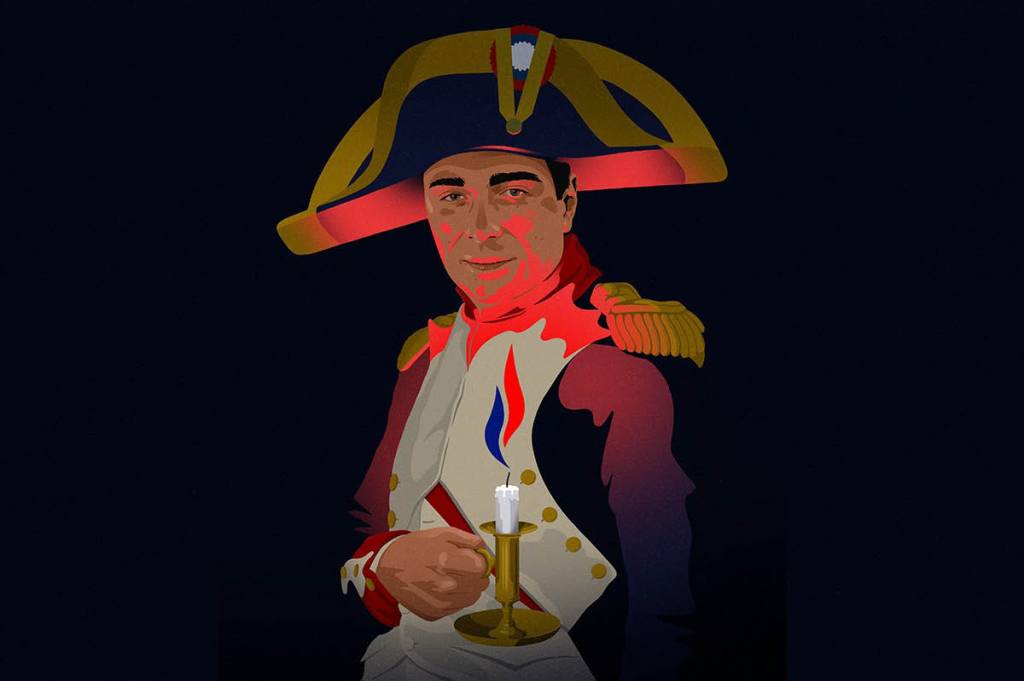







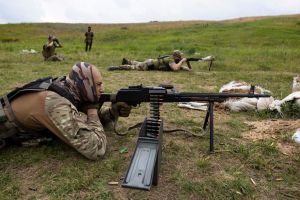
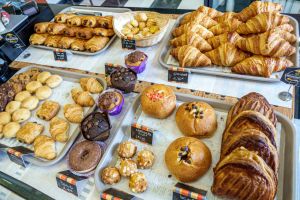
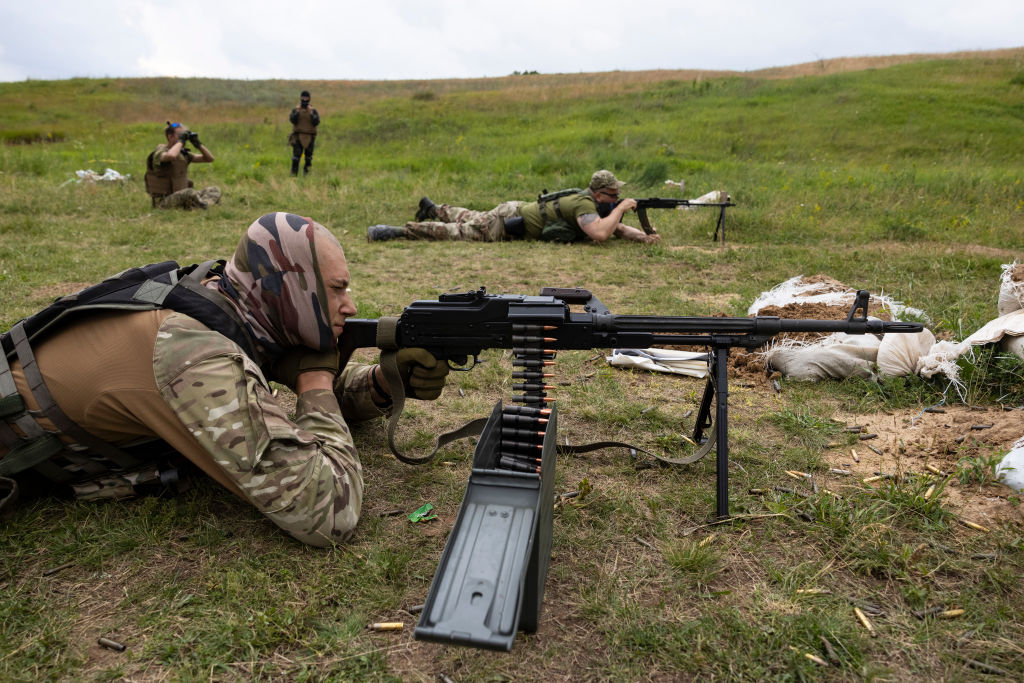
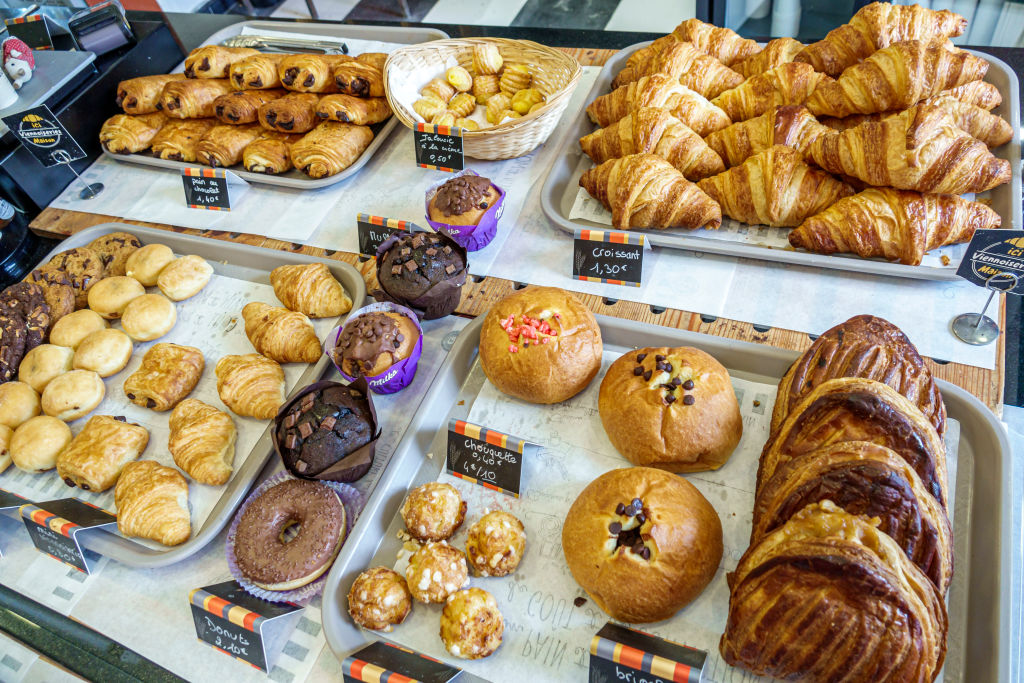


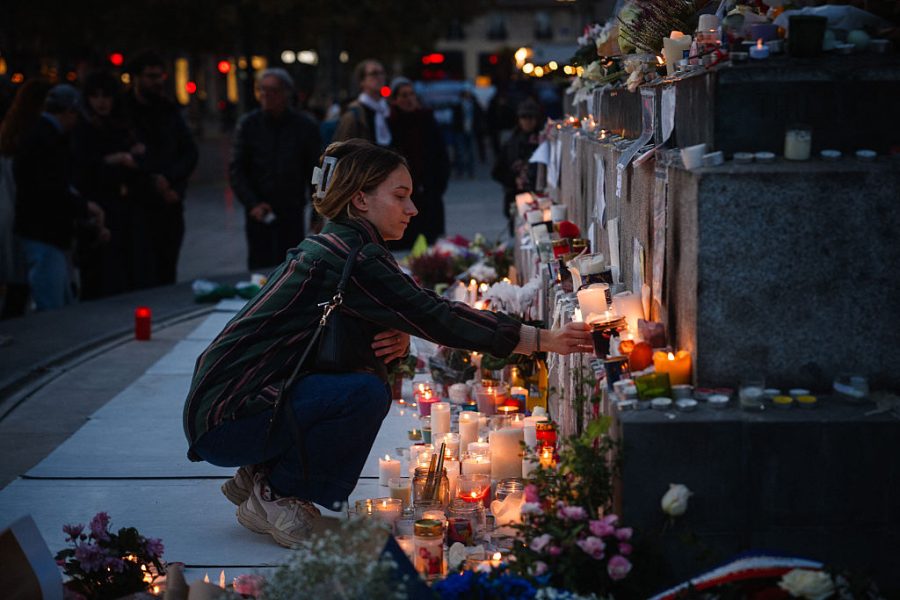








Leave a Reply